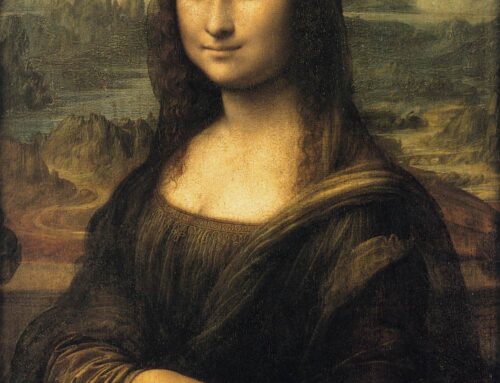The hope that many of us have begun to feel today — as extraordinarily effective and safe vaccines reach the front lines of this fight — underscores the importance of science. For 2021 to be brighter than last year, science and scientists must continue to play their indispensable roles, and must be taken seriously.
Yet science in itself is insufficient to the task ahead. The continuing challenges posed by the virus go well beyond the answers that science can possibly provide. For example, research can identify the huge disparities in COVID’s impact among people of different races, ethnicities and types of work, but it cannot eliminate them. Neither is there a scientific quick-fix for vaccine hesitancy — the reluctance of many Americans to take any vaccine, however effective.
In addressing these issues, among others, society needs the work of scientists and health professionals to be informed by, and infused with, a wide range of human insight, experience and values. We need not just science but also the arts and humanities — and a union between them.
As no less a mathematician than Albert Einstein put it: “All religions, arts and sciences are branches of the same tree” because all serve the same larger purpose — to uplift the lives of human beings.
This is not a new idea. The principle that Einstein expressed has its roots in the Renaissance and the Enlightenment; and medicine, in particular, has always been both an art and a science.
In historical terms, our present era of hyper-specialization in medicine and far beyond is an anomaly. So is the de-emphasis we’re seeing on liberal arts programs in favor of science, engineering and other disciplines that promise a greater bang for the buck, vocationally speaking.
But today, perhaps more than ever, health professionals must be able to draw from many disciplines. Physicians and other caregivers operate in a complex, rapidly changing environment. To practice effectively — to best serve our patients — our knowledge of scientific advances needs to be reinforced by qualities that are emphasized in the arts and humanities: imagination and curiosity, communication and empathy, critical thinking and social advocacy….
Studying the arts and humanities helps develop important habits of mind; it heightens our understanding of one another, of the human condition. It is not surprising, therefore, that several studies have found that medical students, doctors and nurses who participate in arts-based training — closely studying artwork at museums, for example — see improvements in their clinical observation and communication skills.
One multi-institution study showed that medical students who have had greater exposure to the humanities receive much higher scores in empathy, tolerance for ambiguity and emotional intelligence — all qualities that any of us would want in a physician.
For related posts, see here.
For the report on Arts and Humanities by the American Association of Medical Colleges, see here.
H/t Rob Townsend (@rbthisted)









Leave A Comment